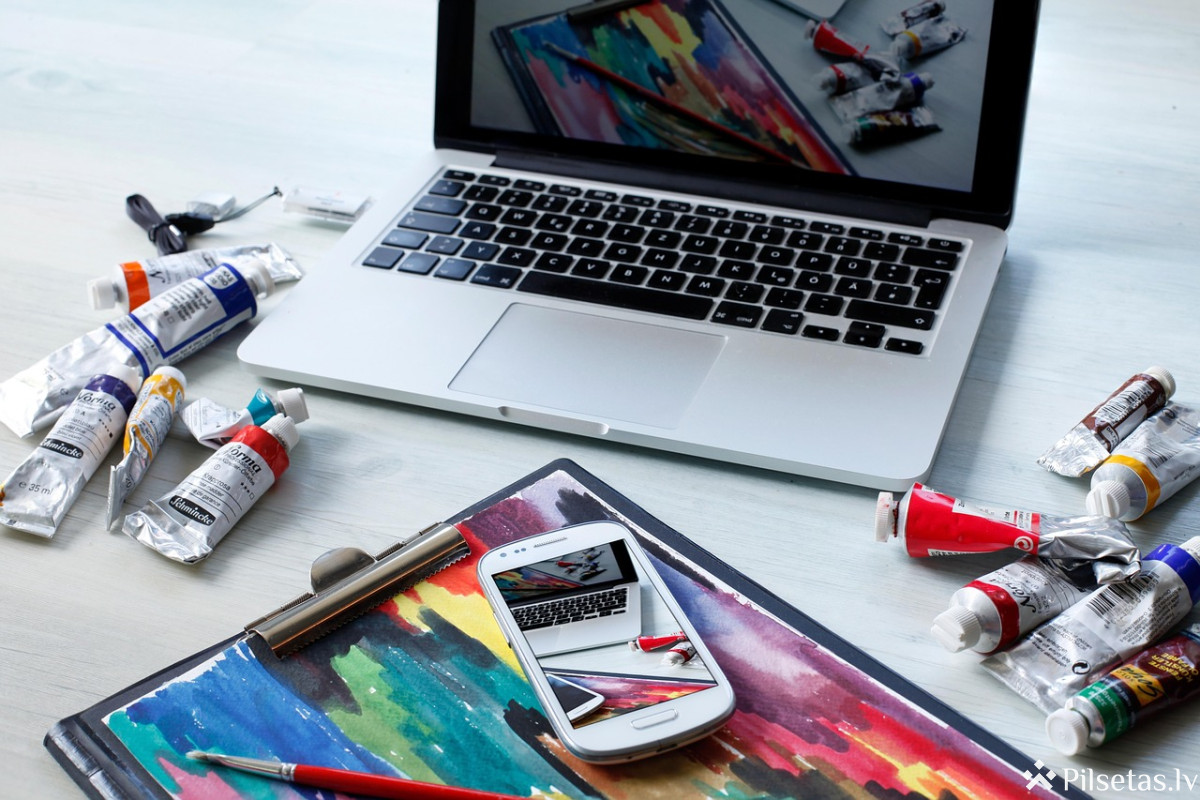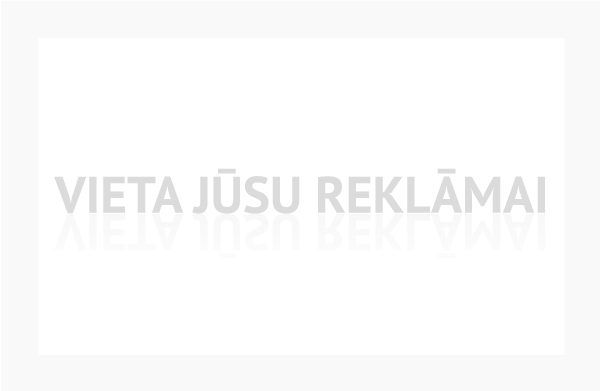Cultural Transformation in Latvia: The Digital Shift
Cultural changes are happening in Latvia. We will see new methods of interaction and entertainment as traditional methods continue to merge with digital platforms. The digital experience defines our daily lives, from social media to online streaming. Even online games are becoming an indispensable part of the entertainment routine, such as latvijas.casino, which attracts users looking for something interactive. It is no longer just a matter of convenience but a place where culture is created, shared, and consumed. The evolution of digital tools is redefining the way people experience art, music, literature, and entertainment daily.
Entertainment Without Borders
Latvians no longer need to go to the cinema, concert hall, or library. Streaming services, digital books, and virtual events have democratized entertainment. Recording live concerts allows people to enjoy performances from their homes, while online sales platforms provide access to movies and series on demand. This shift has created a more adaptive, flexible cultural experience that suits different schedules and tastes. Digital entertainment is no longer a second choice – it is the new norm.
How Social Media Shapes Modern Culture
Latvians consume culture differently under the influence of social media. What was once just a communication tool is now a platform for discovering music, news, and trends. Digital marketplaces allow artists and journalists to share their work, bypassing traditional media, and businesses to expand their audience. Engagement with culture has become more dynamic, utilizing short-form video clips, live streams, and interactive content. It has also globalized local culture, giving Latvian creators recognition worldwide.
Digital Economy and Cultural Growth
The digital transformation is changing not just cultural consumption but also how industries operate. The world is now becoming a center for online businesses, digital marketing, and e-commerce. Streaming platforms, social media sponsorship, and the ability to sell online have given musicians, writers, and content creators opportunities to earn from their work. Culture is becoming more accessible through the digital economy while creating new jobs. Latvia's creative industries are adapting, developing ways to thrive in an online reality, using innovative technologies to expand audiences and promote the growth of creative industries worldwide.
Balancing Digital and Traditional Culture
Even as we shift to digital, we still appreciate traditional culture. Art institutions – museums, theaters, festivals – remain popular, combining personal interaction with digital experiences. Hybrid events, where physical gatherings are broadcast online, keep cultural heritage relevant and reach new audiences. The challenge is finding the delicate balance between the opportunities of a digital future and preserving Latvian cultural traditions. While the digital space continues to expand, cultural institutions should embrace it as a supportive tool, not a replacement for history and art. Instead, technology can enrich traditional experiences, creating interactive exhibits, digital archives, and new opportunities for audience engagement.
Latvia's Digital Future
Latvia continues to digitalize at an ever-increasing pace. New opportunities for cultural engagement arise with technological advancements. Virtual and augmented reality, artificial intelligence, and blockchain technologies could transform the production and consumption of cultural content. Latvian culture will be digitally interactive while maintaining its identity in the modern world. To ensure long-term engagement, both creators and institutions must take innovative risks while preserving Latvian traditions. The question is no longer whether digital transformation is here to stay, but how it will be integrated into Latvia's cultural framework.
Blurring the Lines Between Digital and Physical Space
The cultural experience of the digital and real world is increasingly merging. Cultural spaces like museums and galleries are incorporating more digital technologies into visitor experiences. From interactive exhibits to virtual tours and AI-guided tours, culture is becoming more accessible. Events are becoming hybrid, occurring both in person and online simultaneously. It is these changes that preserve and develop Latvian culture, adapting it to a modern audience in a meaningful way. Digital technologies in Latvia will evolve as a continuation of our culture, not as a competition with it.










